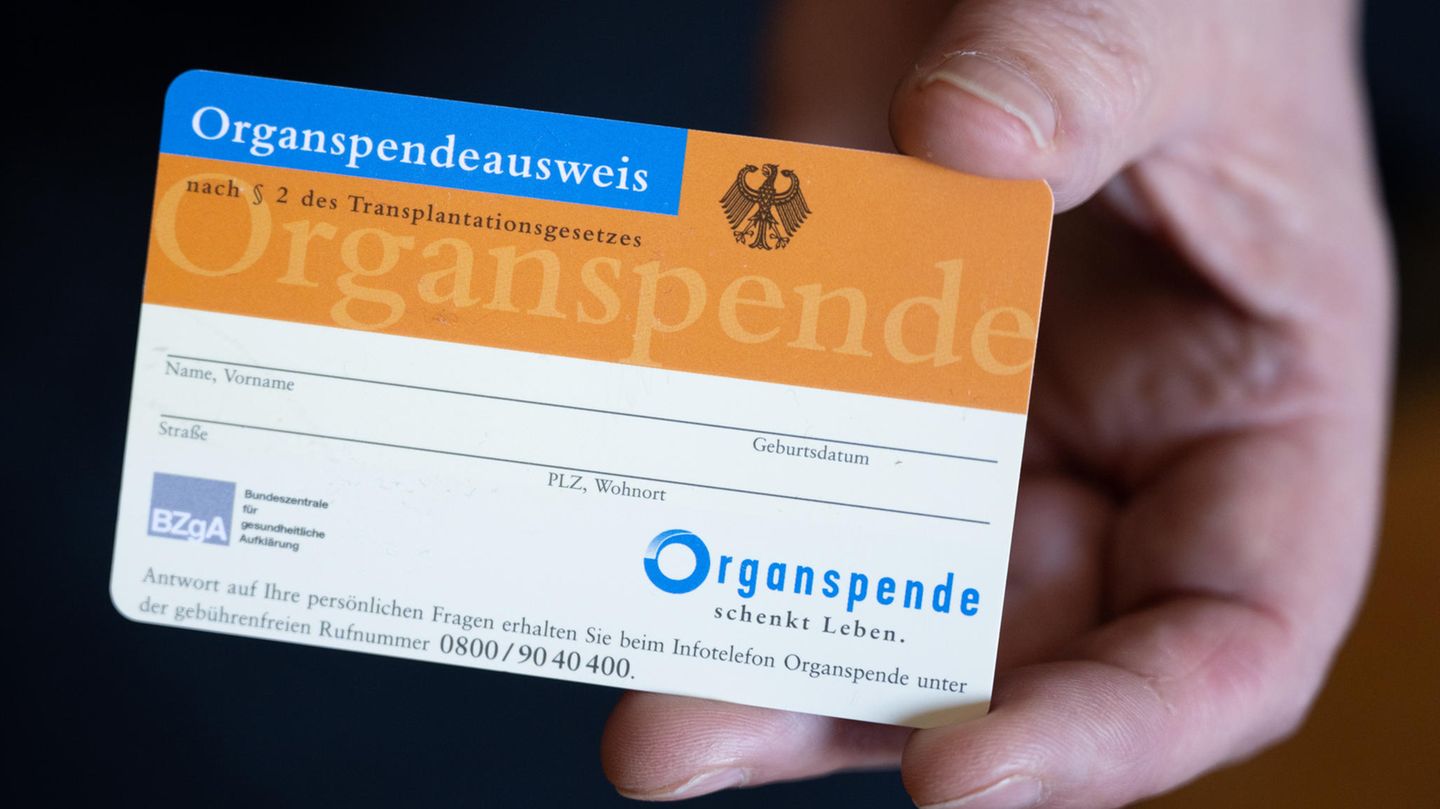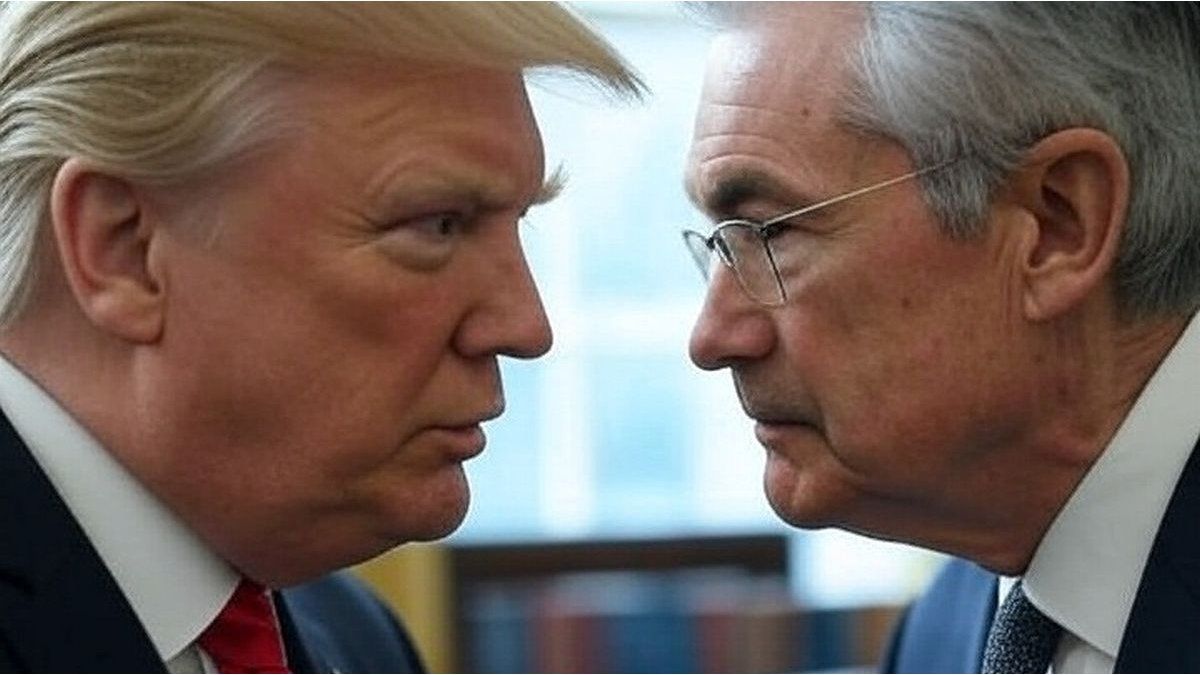It will be at least another year and a half before a digital organ donation register is launched, according to a letter from the Ministry of Health. The reason for the delay is, among other things, IT security problems.
The introduction of the digital organ donation register will probably be delayed by at least another year and a half. The launch of the central registry, originally planned for this March, is now scheduled to take place at the end of 2023 or in the first quarter of 2024. This emerges from a letter from the Federal Ministry of Health to the Health Committee in the Bundestag, which was available to the “Augsburger Allgemeine” on Friday. As the core of the organ donation reform, the digital register should contribute to increasing the willingness of the population to donate.
The reason for the delay in the letter is “additional development work, among other things, due to IT security problems and the complexity of the task”. There are also problems with financing. Months ago, the Ministry of Health had admitted “technical difficulties” with the implementation.
CSU criticizes delays in the organ donation register
The CSU criticized the recent delays. “The mismanagement in the creation of the organ donation register, which leads to a massive delay in completion, can ultimately cost lives,” said CSU health expert Stephan Pilsinger of the newspaper.
He accused Federal Minister of Health Karl Lauterbach (SPD) of counteracting the implementation of the organ donation decision made by the Bundestag two years ago in favor of a different model. If the number of organ donations remained low, Lauterbach would have “again arguments to enforce the opt-out solution he favored,” Pilsinger speculated.
Lauterbach and Spahn advocated a contradiction solution
Lauterbach and the former CDU Minister of Health Jens Spahn fought for a double contradiction solution at the beginning of 2020, but did not get a majority. In this model, every citizen should be considered a possible organ donor who does not declare an objection during their lifetime or whose next of kin made no known objection. Instead, almost two thirds of the members of the Bundestag voted for the so-called decision solution, in which citizens should voluntarily document their decision in the digital register. According to the “Augsburger Allgemeine” on ARD, Lauterbach only campaigned again in June for the objection solution: “The donations are falling because there is a willingness to donate – but it is not registered. An objection solution would fix that.”
Pilsinger, however, asked Lauterbach to implement the digital register that had been decided upon. “A renewed debate about an objection solution is only fair if these measures are not sufficient and the number of organ donations remains consistently low,” he emphasized.
Sources: AFP,
Source: Stern




